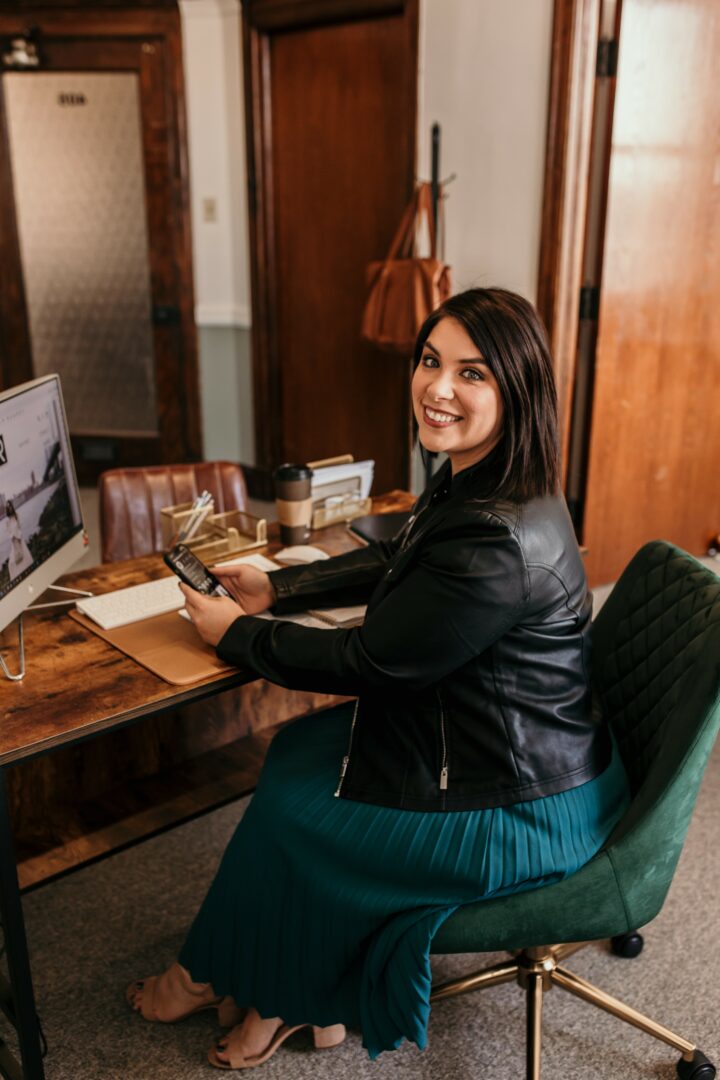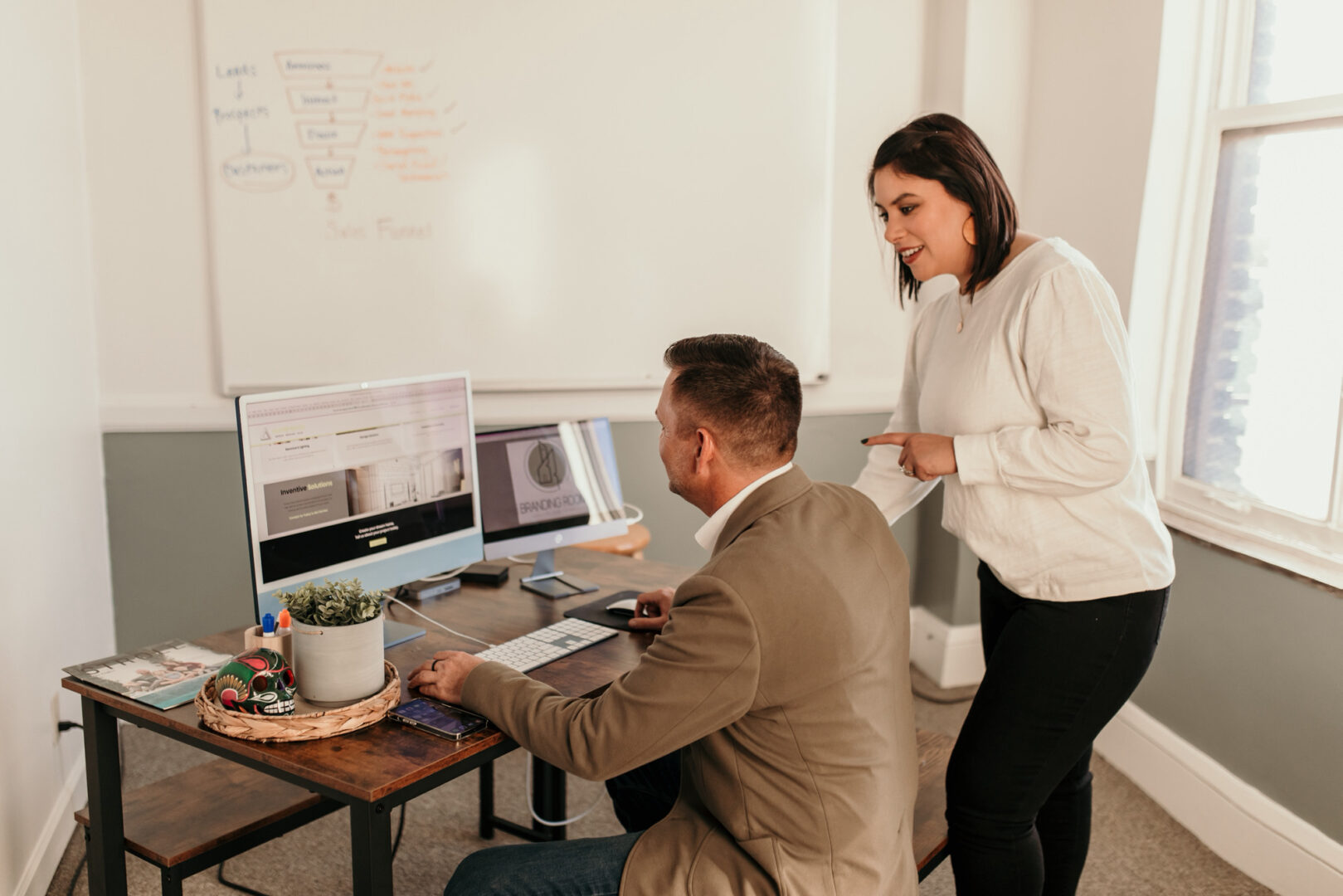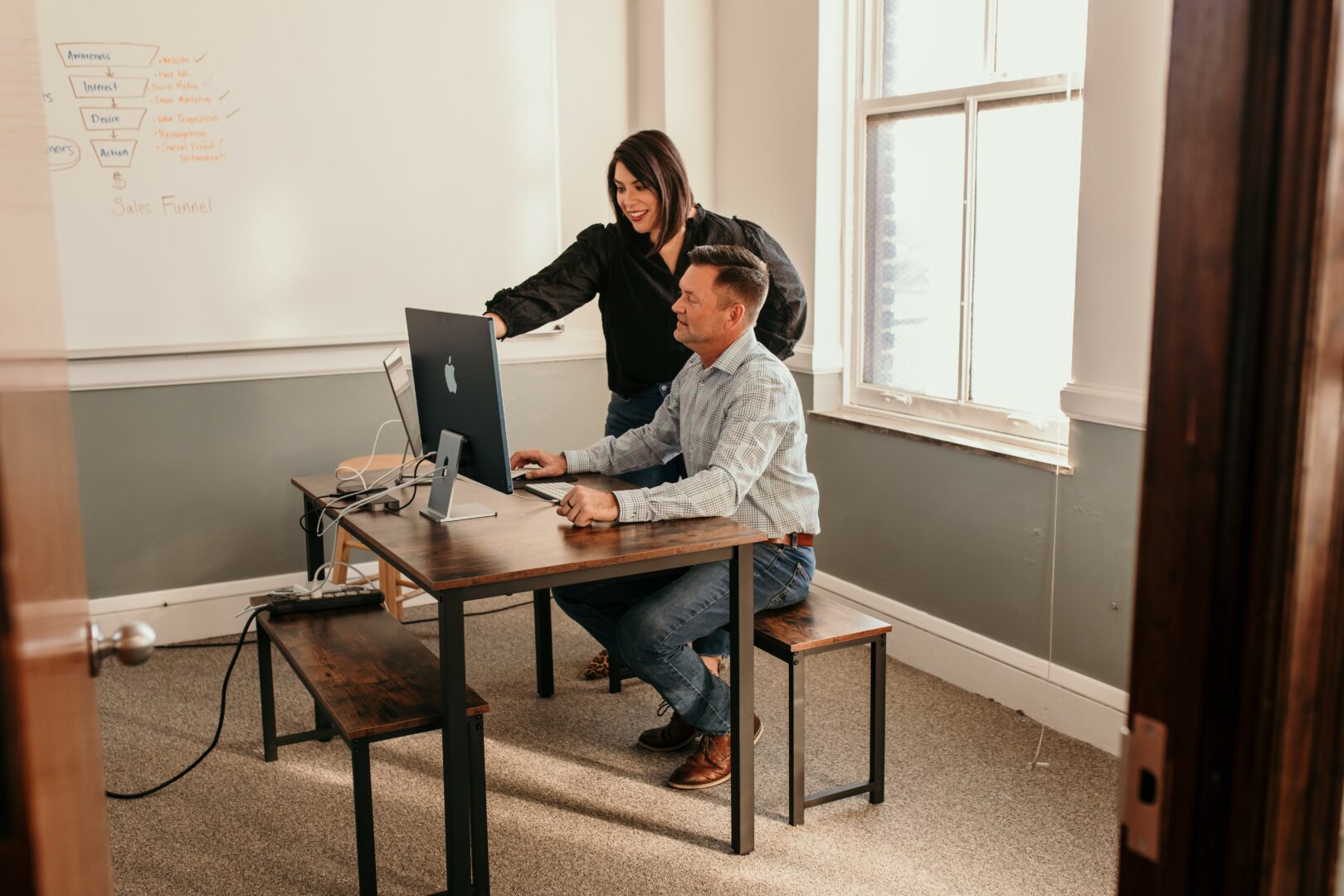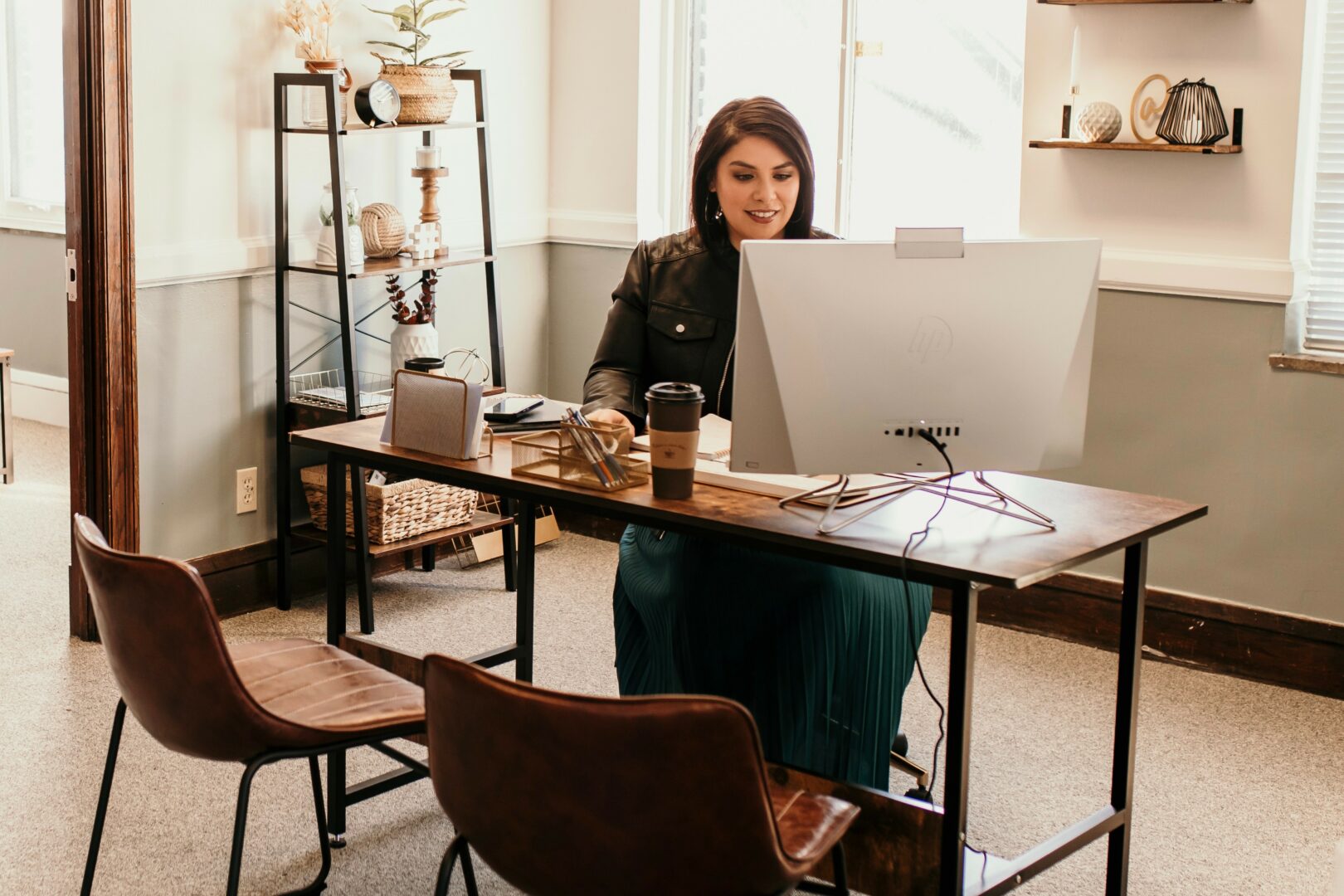We’re looking forward to introducing you to Cynthia Prieto. Check out our conversation below.
Cynthia, really appreciate you sharing your stories and insights with us. The world would have so much more understanding and empathy if we all were a bit more open about our stories and how they have helped shaped our journey and worldview. Let’s jump in with a fun one: What are you being called to do now, that you may have been afraid of before?
Honestly, owning and running a company was never on my bingo card of life. I always assumed I’d climb the corporate ladder and work for someone else. But everything changed once I had my own family. I realized I wanted more control over my time, my priorities, and the impact I was making. It was terrifying at first—stepping away from the security of a traditional career path felt like a huge risk.
I didn’t set out thinking, ‘I’m going to start a business.’ It really found me. Once I took the leap, I discovered a sense of purpose and fulfillment I never expected. I started putting my needs and my family’s needs first instead of breaking my back for someone else’s dream. It’s been challenging, but I could never imagine going back. Owning my company has been one of the most empowering and rewarding decisions of my life.
Can you briefly introduce yourself and share what makes you or your brand unique?
The Branding Room Floor is a creative marketing agency where we help businesses and organizations build, and sometimes completely rebuild, their brands. In some cases, that means deconstructing what’s not working and putting the pieces back together in a way that truly connects with their audience.
What makes us unique is that we’re not afraid of the ‘complicated’ or the so-called ‘problem child’ brands. We love rolling up our sleeves and taking on the tough projects that need a fresh perspective and a clear strategy. Our team has a real talent for helping organizations and associations tell their story in a way that elevates their presence, drives impact, and sets them apart in their industry.
Right now, we’re working with a wide range of clients, from nonprofits and trade associations to vacation rental companies and real estate brands—and the common thread is helping each one find their voice, build trust with their audience, and stand out in a crowded market. It’s incredibly rewarding to see the transformation when a brand finally clicks and starts thriving.
Great, so let’s dive into your journey a bit more. Who taught you the most about work?
I actually have two people who taught me the most about work, and they couldn’t have been more opposite.
The first was a micromanager who stifled creativity and vision and didn’t allow for personal or professional growth. Working under that style of leadership showed me everything I didn’t want to be as a manager or leader.
The second was an incredibly empowering manager who completely changed the way I saw my own potential. She constantly found ways for me to grow my skills, step into leadership roles, and make meaningful decisions, all while supporting and encouraging me along the way. As a woman who had grown up in the corporate world, she gave me advice that went beyond just being a good worker; she taught me how to be a good mentor and advocate for the next generation.
To this day, I still reference her management style and the lessons she taught me. It’s a big part of how I lead my own team now.
Was there ever a time you almost gave up?
There were definitely moments when I questioned everything, whether this would work, whether the business would grow, and whether I had what it took to take it to the next level. Entrepreneurship can feel incredibly lonely at times, and the doubt creeps in fast.
What I realized is that so much of it comes down to mindset. Instead of fixating on everything that could go wrong, I shifted my focus to creativity and problem-solving. I started looking for new ways to grow, identifying the problems that needed solutions, and, most importantly, networking, networking, and networking.
That shift was a turning point for me and for the business. Once we connected with the right people and the right opportunities, everything started to fall into place. It was the proof I needed that perseverance and adaptability really do pay off.
Sure, so let’s go deeper into your values and how you think. What’s a belief you used to hold tightly but now think was naive or wrong?
I used to believe that if you worked hard, people would always reward your work. I thought dedication and going above and beyond would naturally be recognized and rewarded.
The reality is that some people will happily keep taking and will only ask for more. I had to learn that while our team puts our heart and soul into what we do, we also need to protect ourselves from being taken advantage of.
Now, we have clear safeguards in place to make sure our value is recognized. We still go above and beyond for our clients, but we’ve learned that maintaining healthy boundaries is just as important as having a strong work ethic.
Okay, so let’s keep going with one more question that means a lot to us: Are you doing what you were born to do—or what you were told to do?
I’m absolutely doing what I was born to do. I never set out with a plan to own a business, this path truly found me. But once I stepped into it, it felt completely natural, like this was exactly where I was meant to be all along. It’s challenging, yes, but it’s also deeply fulfilling in a way that working for someone else never was.
Contact Info:
- Website: https://www.thebrandingroomfloor.com
- Instagram: @thebrandingroomfloor
- Facebook: @thebrandingroomfloor




so if you or someone you know deserves recognition please let us know here.




